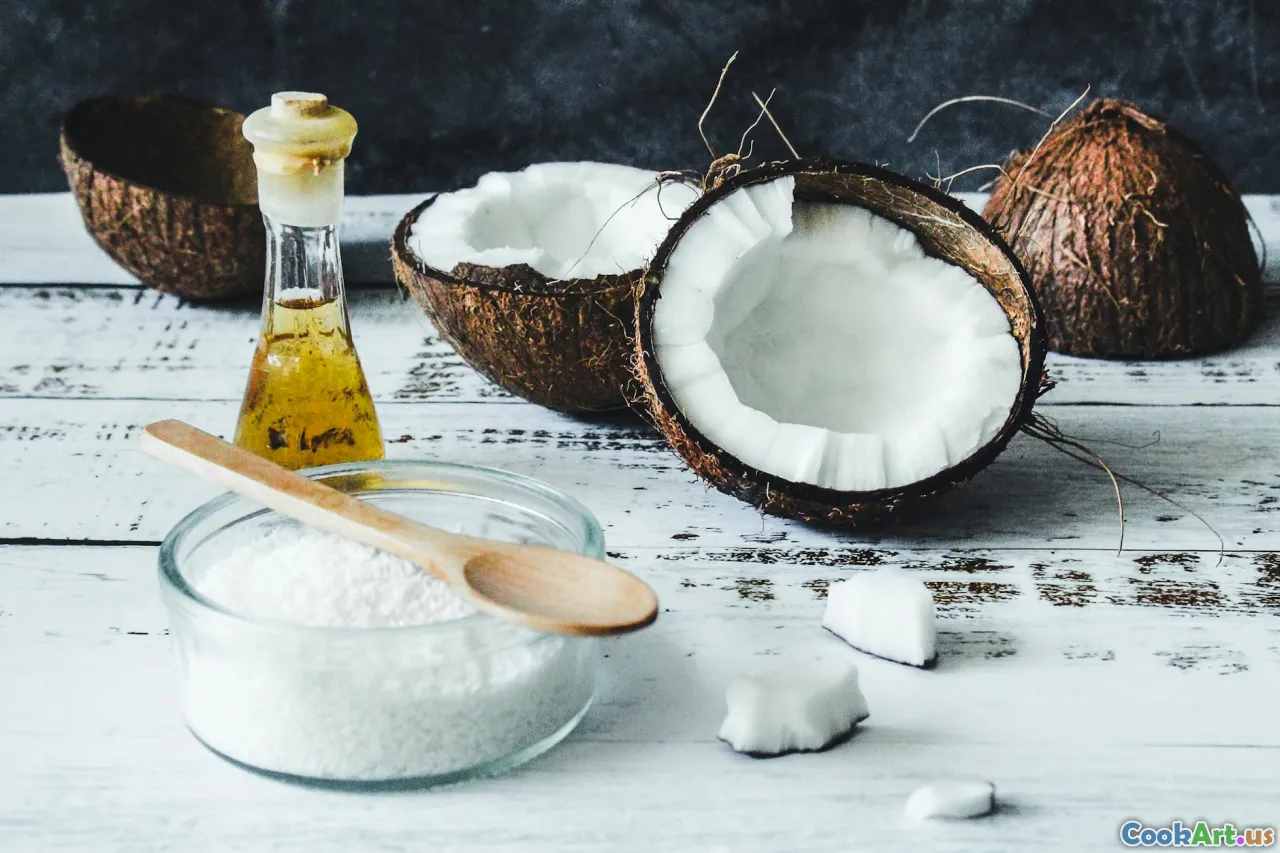The Wonders of Coconut Oil in Your Kitchen
5 min read Discover the incredible versatility and health benefits of coconut oil in your cooking adventures. April 08, 2025 01:45
The Wonders of Coconut Oil in Your Kitchen
Coconut oil has gained immense popularity in recent years, celebrated not only for its culinary versatility but also for its numerous health benefits. This tropical oil, derived from the flesh of coconuts, is a staple in many kitchens around the world, especially in Southeast Asia and the Pacific Islands. In this article, we will explore the various uses of coconut oil, its nutritional profile, and some surprising facts that might just inspire you to incorporate it into your daily cooking routine.
The Nutritional Profile of Coconut Oil
Coconut oil is unique compared to other cooking oils due to its high saturated fat content, primarily in the form of medium-chain triglycerides (MCTs). Here are some key points about its nutritional benefits:
- MCTs and Energy: MCTs are metabolized differently than long-chain fatty acids, providing a quick source of energy. They are rapidly absorbed and converted into ketones, which can be used as an energy source by the brain.
- Lauric Acid: Approximately 50% of the fatty acids in coconut oil are lauric acid, which has been linked to various health benefits, including antimicrobial effects and improved cholesterol levels.
- Antioxidant Properties: Coconut oil contains polyphenols, which are powerful antioxidants that can help combat oxidative stress in the body.
Culinary Uses of Coconut Oil
Coconut oil's versatility in the kitchen is one of its most appealing features. Here are some ways you can use it:
1. Cooking and Baking
Coconut oil has a high smoke point (around 350°F or 177°C for unrefined and 400°F or 204°C for refined), making it suitable for frying, sautéing, and baking. Its subtle coconut flavor can enhance baked goods like cookies, cakes, and muffins.
2. Dairy Alternative
For those who are lactose intolerant or following a vegan diet, coconut oil can be an excellent substitute for butter. It can be used in recipes for spreads, sauces, and frosting, providing a creamy texture without dairy.
3. Smoothies and Energy Balls
Adding a spoonful of coconut oil to smoothies can give a creamy consistency while boosting the energy content. It’s also a popular ingredient in energy balls, providing a source of healthy fats along with sweetness.
4. Skin and Hair Care
Beyond cooking, coconut oil is renowned for its health and beauty applications. It can be used as a natural moisturizer for skin and hair, making it a popular ingredient in homemade beauty products.
Surprising Facts About Coconut Oil
- Cultural Significance: In many cultures, coconut oil is considered sacred and is used in traditional rituals and ceremonies.
- Historical Usage: Coconut oil has been used for thousands of years in tropical regions not only for cooking but also for medicinal purposes, such as treating skin ailments and digestive issues.
- Sustainability: When sourced responsibly, coconut oil can be a sustainable choice, as coconut palms require little water and can thrive in poor soil conditions.
Conclusion
Incorporating coconut oil into your kitchen can enhance your cooking experience while also contributing to your health. Whether you use it for frying, baking, or as a dairy substitute, its unique properties and flavor can elevate your dishes. As you explore the wonders of coconut oil, you may just find that it becomes a beloved staple in your culinary repertoire. So go ahead, unleash the potential of coconut oil, and enjoy the myriad of benefits it brings to your kitchen!
Remember, quality matters—opt for organic, virgin coconut oil whenever possible to ensure you’re getting the best flavor and nutrients. Happy cooking!









